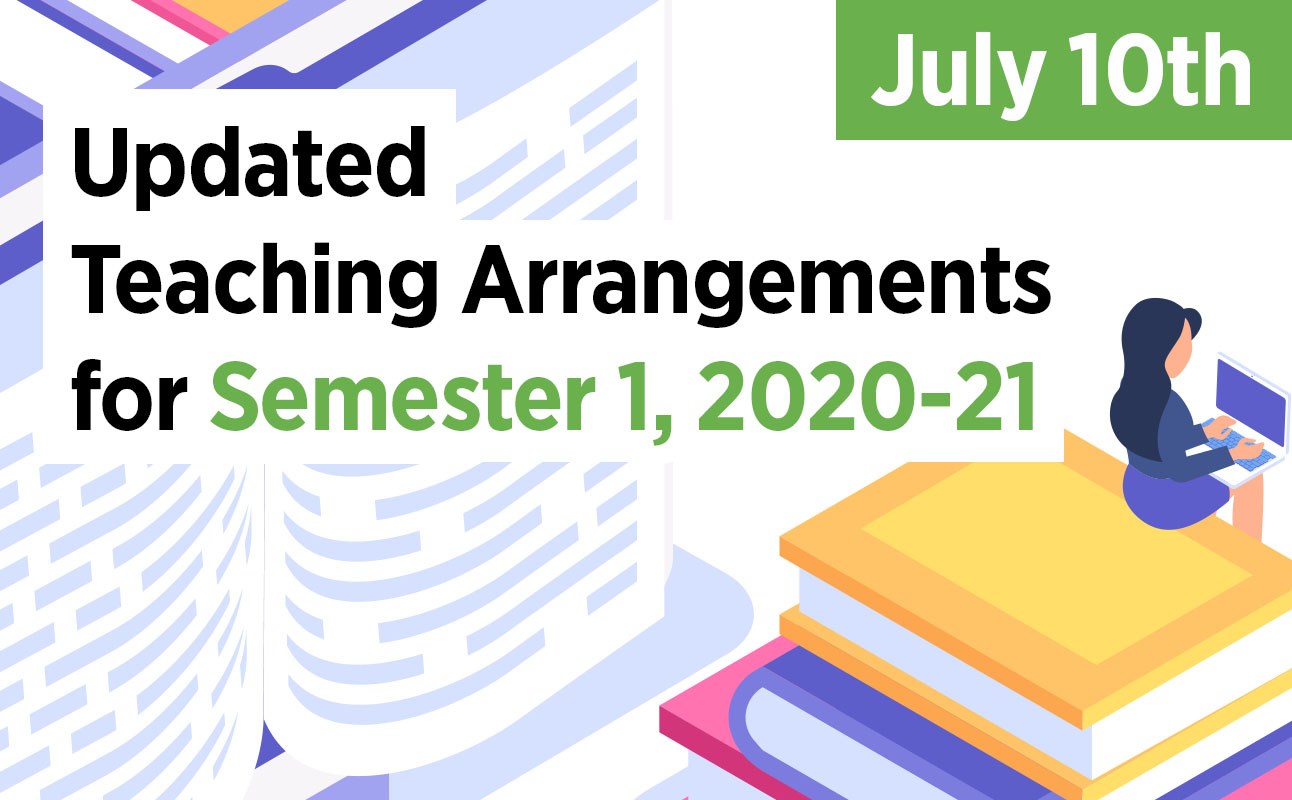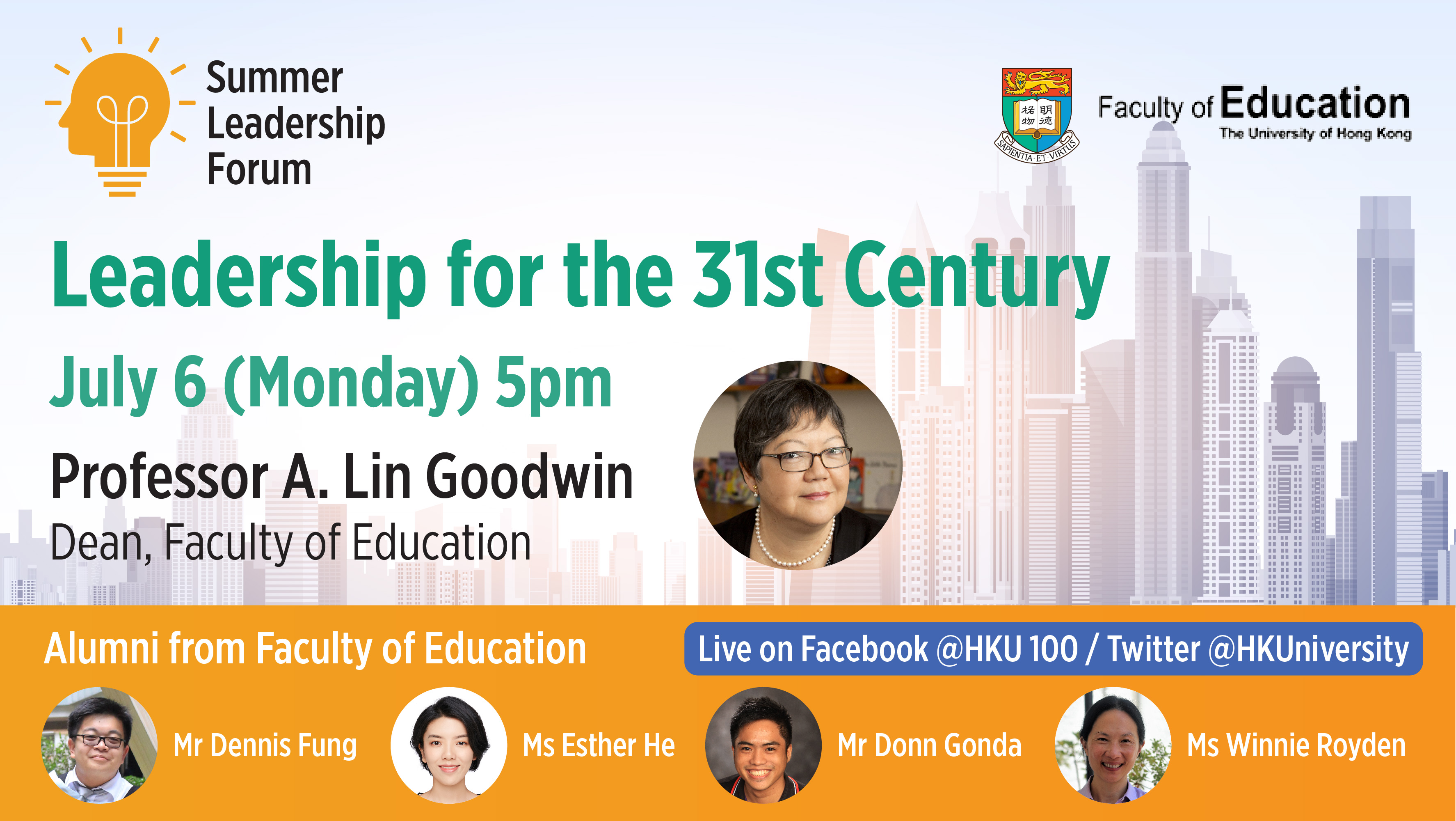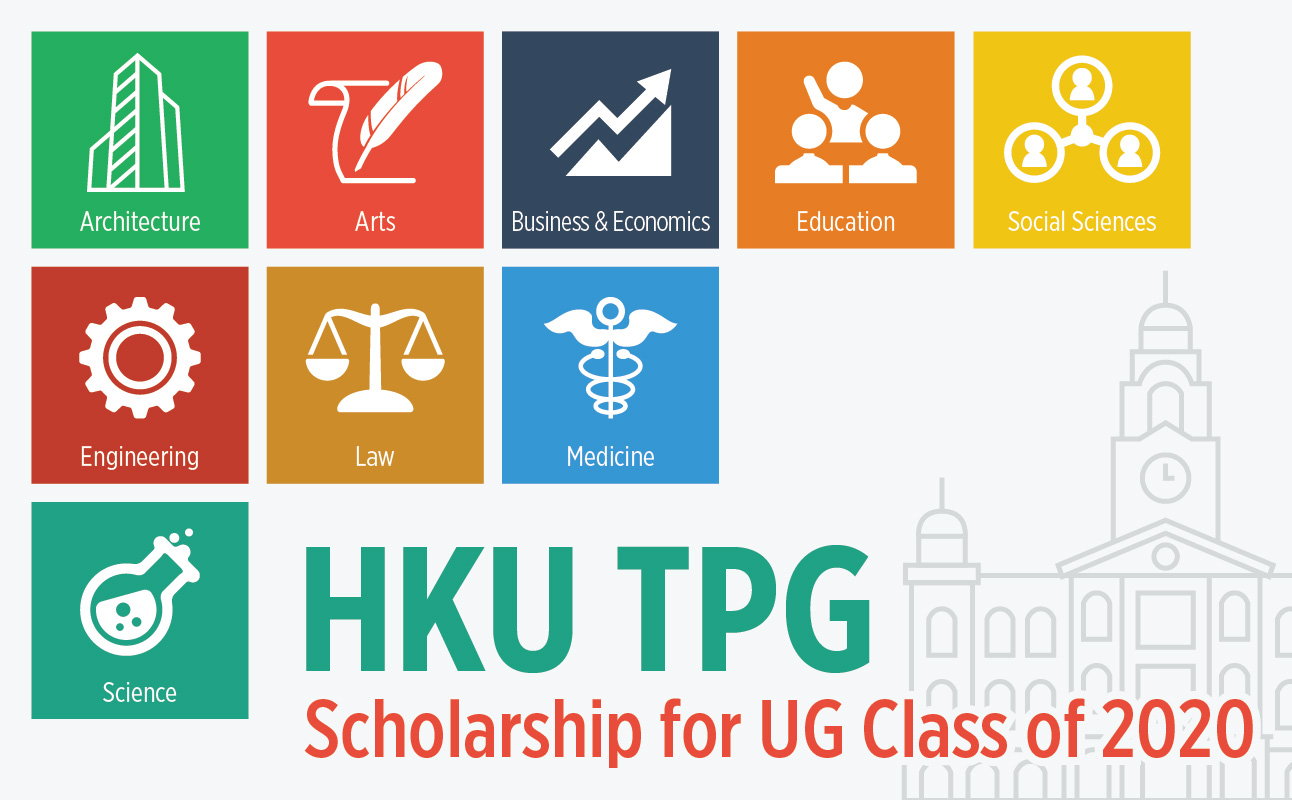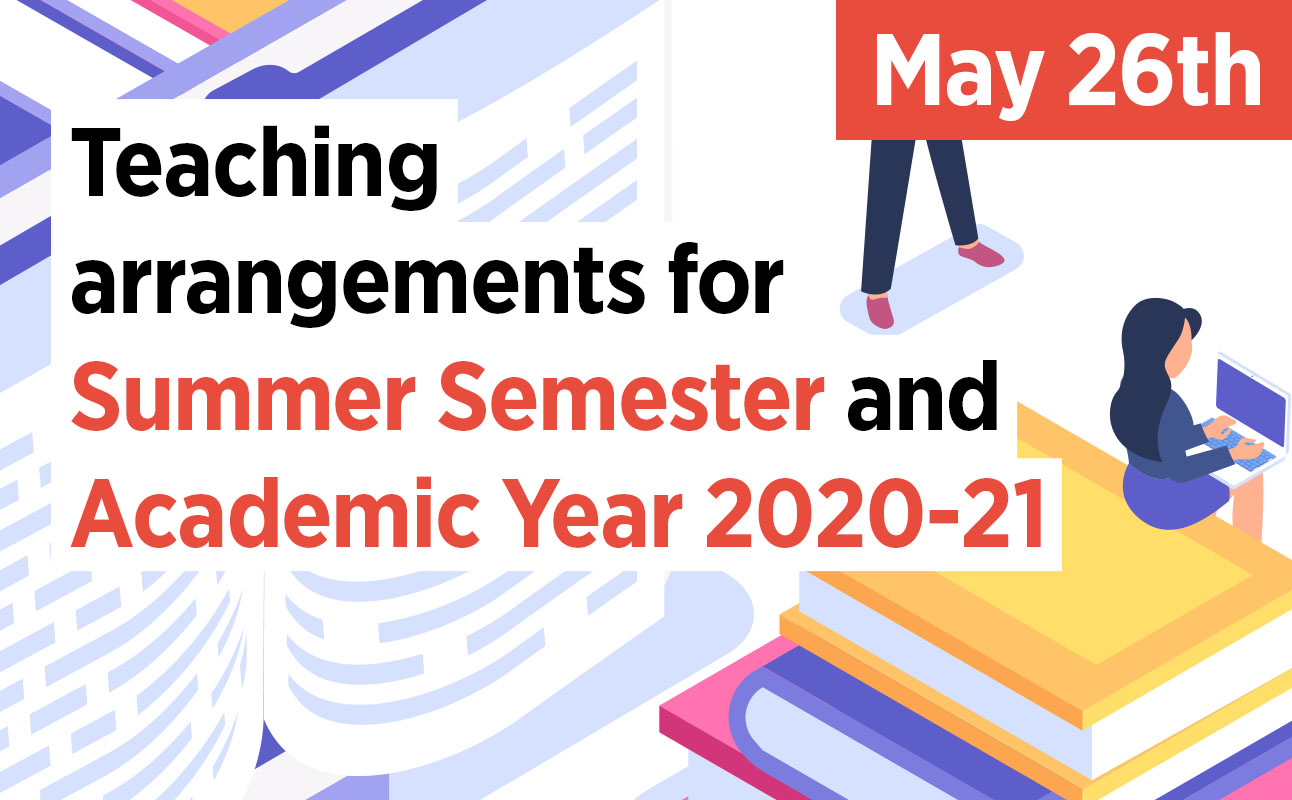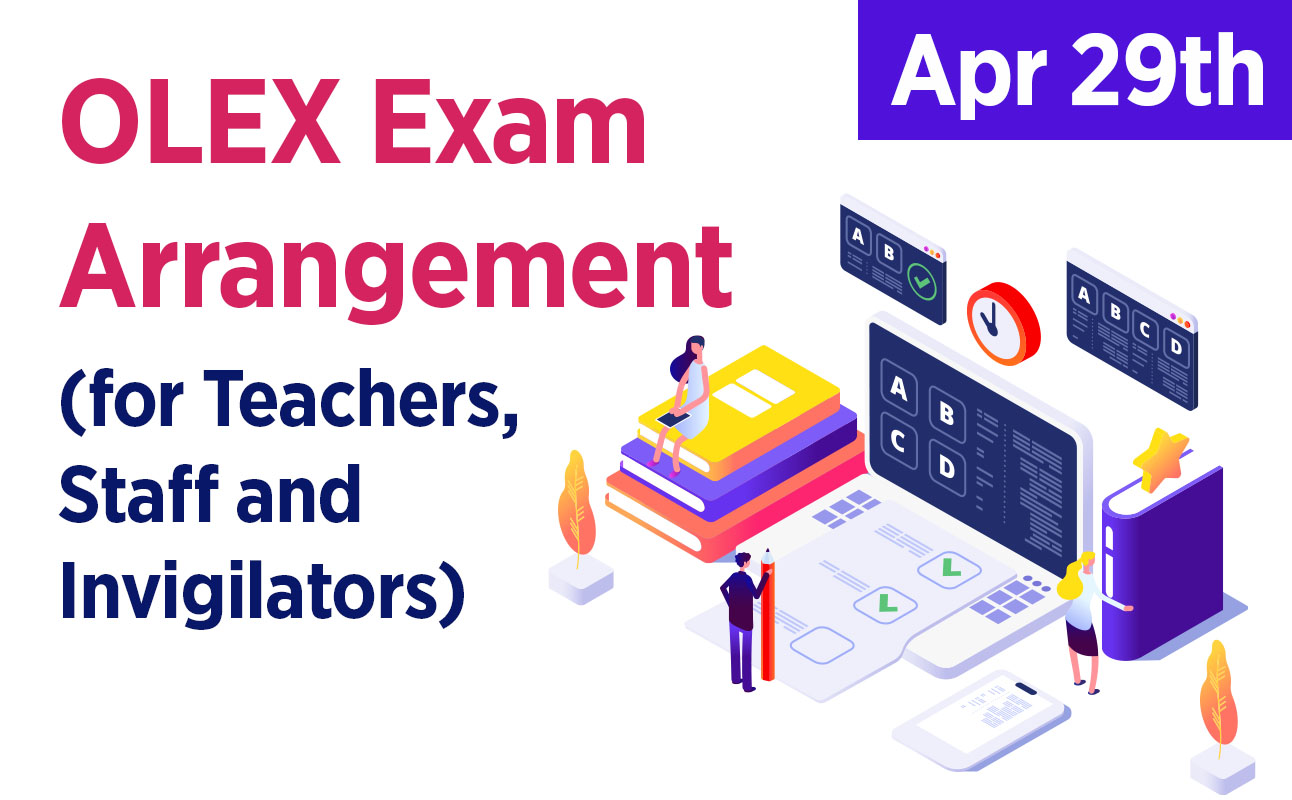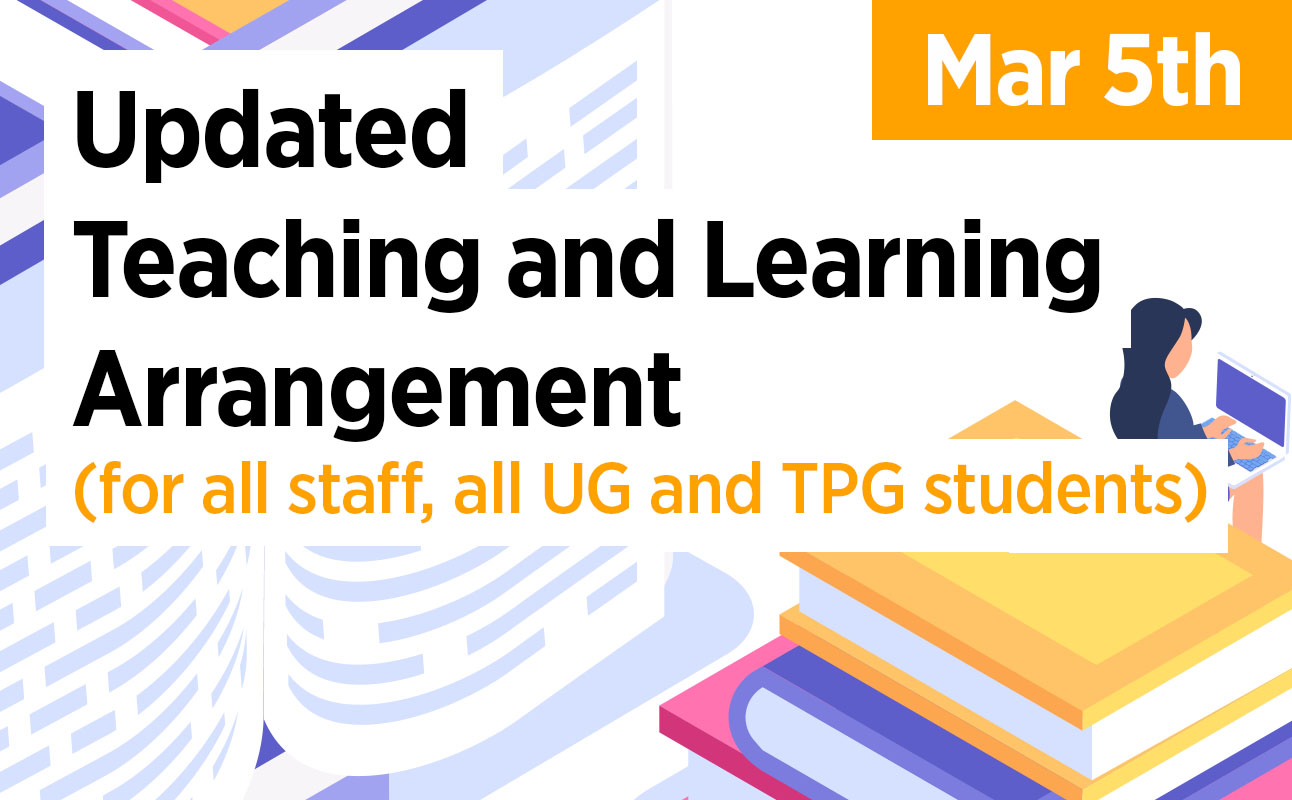
Dear colleagues and students
I’m writing to update you on our teaching arrangements for Semester 1 (S1), 2020-21.
As I said in my bulk email of May 26, our core aim in Academic Year 2020-21 is to make a gradual and partial return to face-to-face (f2f) teaching. We know we don’t have enough large classrooms to deliver all lectures f2f, so some will go online. But for smaller lectures and small-group work undertaken in tutorials, laboratories, studios and clinical settings, we will return to f2f teaching from September 1. Full details are here – https://tl.hku.hk/teachonline/class-and-examination-schedules/.
In recent weeks, however, we’ve received a stream of emails from UG and TPG students currently living outside Hong Kong who worry about how to return to campus for S1. In some cases, the journey back looks almost impossible because there are no scheduled flights. In other cases, the journey looks hazardous because of the ongoing Covid-19 pandemic. We’ve decided to offer these students the choice of f2f or online teaching in S1.
What we therefore envisage for S1 is as follows:
Teachers are asked to ensure all their course materials will be available for students who are not able to return to Hong Kong. For lectures, either live streaming or recording and uploading to Moodle (or both) should be fine. For small-group work, enabling students who are not in Hong Kong to connect with the class through Zoom will probably be the best option.
UG and TPG students who are in Hong Kong will be expected to come to campus for required f2f classes. They may choose to participate in non-required course components (often lectures are in this category) either f2f or online. But for required course components in which attendance is checked (small-group work is typically in this category) they will be expected to come to campus.
UG and TPG students who are not in Hong Kong will have the choice of taking their courses online. We will not be able to provide an exactly equivalent experience in all cases, since some elements of our teaching, such as laboratories, studios and clinical work, cannot easily be moved online. Nevertheless, we will do our best to support the learning of students who are not in Hong Kong.
Final examinations will take place online, unless all the students taking a course are in Hong Kong. In those cases only, the final examination will take place in person in an examination hall on campus.
We recognize that this modification of our teaching arrangements for S1 will generate some variability in teaching and learning since, as I already mentioned, it’s difficult to move some elements of our courses online. This is also likely to be quite challenging for many teachers, and we’re ready to offer full assistance through central units such as TELI, CETL and ITS. Balanced against all that is the flexibility we’re now able to offer students who face difficult journeys back to Hong Kong. I should reiterate that such students have a choice – to return to campus for S1, or to keep in touch with their S1 courses online.
As ever, please contact me with feedback and queries.
Best wishes, Ian
Professor Ian Holliday
Vice-President (Teaching and Learning)
The University of Hong Kong

